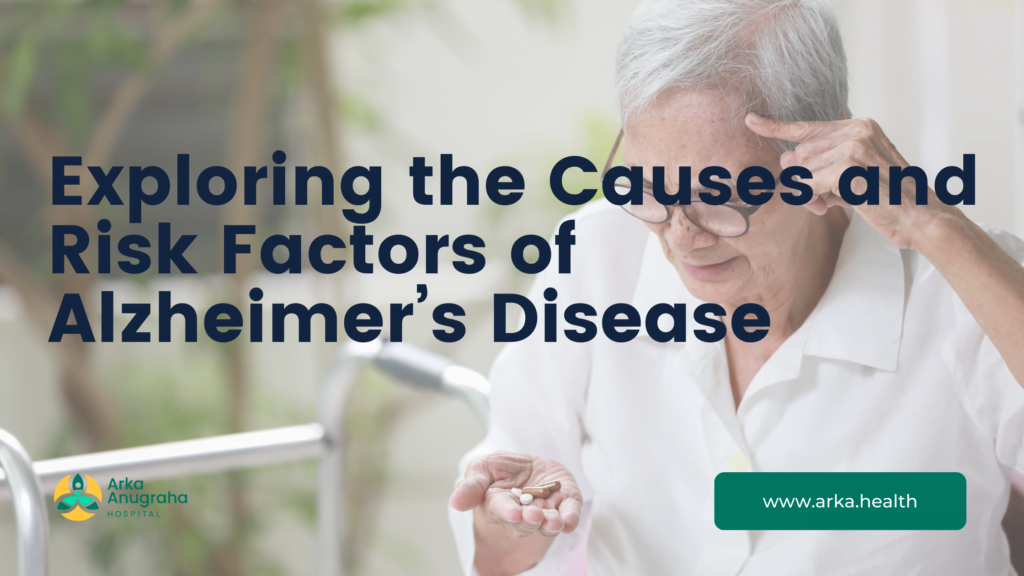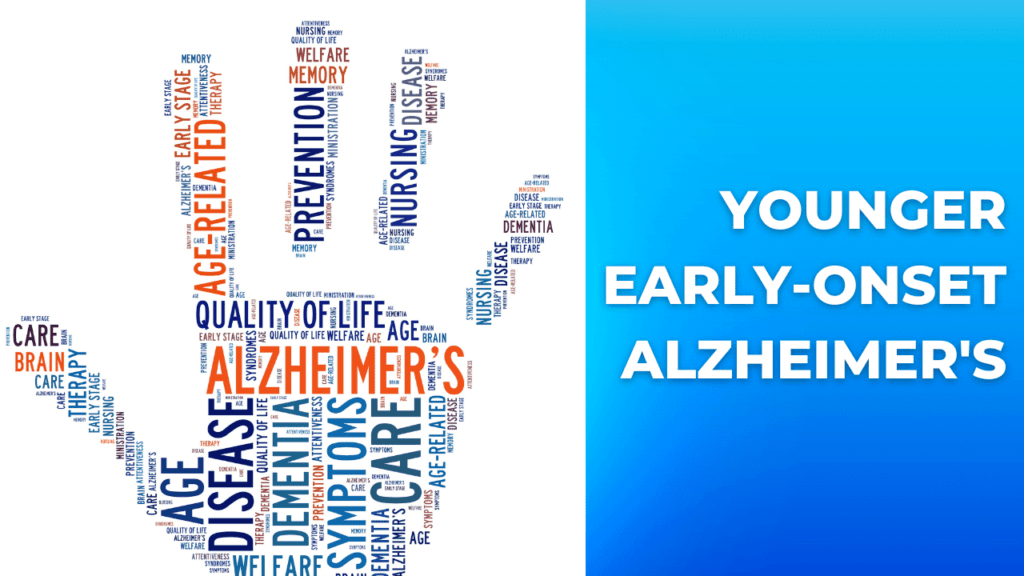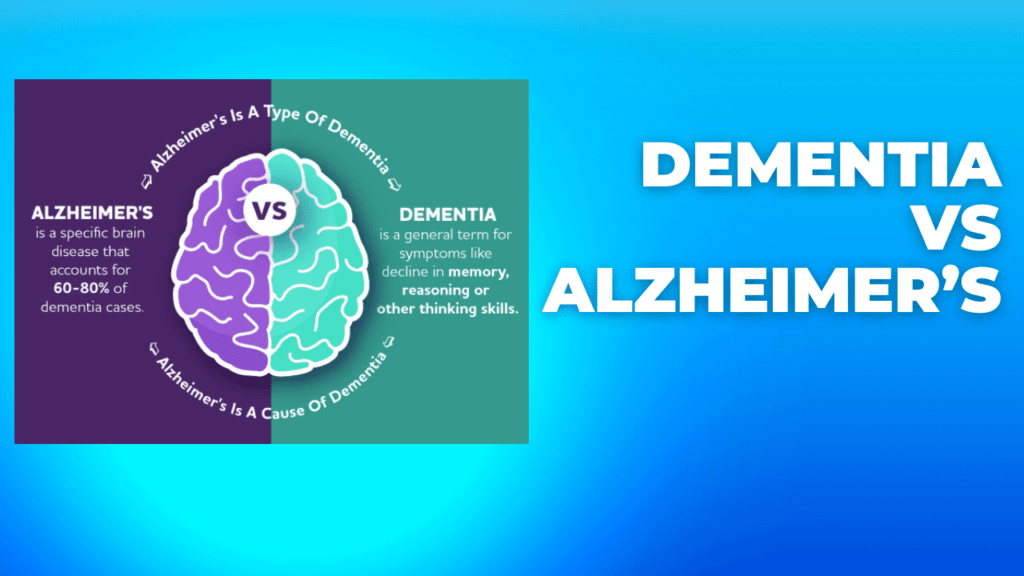Causes and Risk Factors for Alzheimer’s Disease
Dementia vs. Alzheimer’s Disease: What is the Difference? Home > Blogs Author Dr. Gaurang Ramesh Date July 16, 2023 Causes and Risk Factors for Alzheimer’s Disease Research suggests that there’s no single cause for Alzheimer’s disease. It is likely to be caused by multiple factors such as genetics and lifestyle. Scientists have discovered factors that increase your […]





